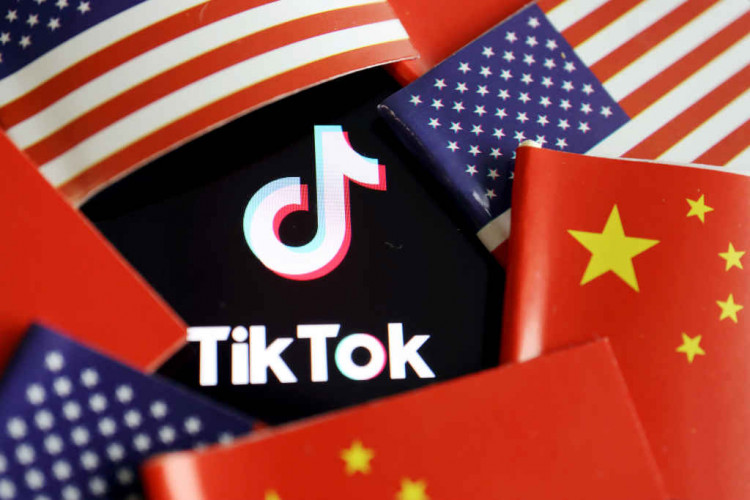The Justice Department has intensified its scrutiny of TikTok, accusing the popular social media platform and its Beijing-based parent company, ByteDance, of collecting extensive data on American users, including views on sensitive issues such as abortion, gun control, and religion. In a detailed court filing late Friday, government lawyers argued that TikTok's data practices pose a significant threat to U.S. national security.
The allegations center on an internal web-suite system called Lark, which reportedly allows TikTok employees to communicate directly with ByteDance engineers in China. According to the filing, TikTok employees used Lark to transmit sensitive U.S. user data, which was then stored on Chinese servers accessible to ByteDance employees. One of Lark's internal search tools enables ByteDance and TikTok employees to gather information on user content and expressions, including views on divisive topics.
The new court documents represent the Justice Department's first major defense in an ongoing legal battle over the future of TikTok, a platform with over 170 million American users. Under a law signed by President Joe Biden in April, TikTok could face a ban in the United States if it does not sever ties with ByteDance by mid-January 2025.
The bipartisan measure was driven by concerns that Chinese authorities could compel ByteDance to hand over U.S. user data or influence public opinion through the platform's algorithm. The Justice Department warned of the potential for "covert content manipulation" by the Chinese government, suggesting that the algorithm could be designed to influence the content users receive.
"By directing ByteDance or TikTok to covertly manipulate that algorithm, China could, for example, further its existing malign influence operations and amplify its efforts to undermine trust in our democracy and exacerbate social divisions," the brief stated.
The government's concerns are not purely theoretical. The Justice Department alleges that TikTok and ByteDance employees have engaged in a practice called "heating," where certain videos are promoted to achieve a predetermined number of views. While this capability allows TikTok to curate popular content, U.S. officials fear it could also be used for malicious purposes.
In response to the filing, TikTok spokesperson Alex Haurek asserted that the Justice Department's claims lack merit. "The TikTok ban would silence 170 million Americans' voices, violating the 1st Amendment," Haurek said in a statement. "As we've said before, the government has never put forth proof of its claims, including when Congress passed this unconstitutional law. Today, once again, the government is taking this unprecedented step while hiding behind secret information. We remain confident we will prevail in court."
The Justice Department also highlighted another tool used by TikTok to suppress content based on certain keywords. Although this tool primarily applies to ByteDance users in China, officials are investigating whether it has been used on TikTok users in the U.S. around 2022.
Federal officials argue that TikTok's $1.5 billion mitigation plan, Project Texas, which aims to store U.S. user data on servers owned and maintained by Oracle, does not adequately address national security concerns. In its legal challenge, TikTok contends that the potential ban violates the First Amendment by barring the app from continuing its operations unless it attracts a new owner through a complex divestment process.
The Justice Department, however, asserts that the law addresses national security concerns without targeting protected speech. They argue that China and ByteDance, as foreign entities, are not protected by the First Amendment.
The concerns about TikTok's data practices have been longstanding. U.S. officials, including Deputy Attorney General Lisa Monaco, have previously warned against using the app. "Any company doing business in China is subject to Chinese national security laws, which require turning over data to the state," Monaco said last year. "I don't use TikTok, and I would not advise anyone to do so."
The Justice Department's filing also emphasizes the vast amount of sensitive data TikTok collects from its U.S. users, including precise locations, viewing habits, private messages, and even data on users' phone contacts who do not use TikTok. This data collection is particularly concerning as some of the users are teenagers who could become "family members or potential future government employees," prosecutors wrote.
The government's filing further argues that TikTok's proprietary algorithm, which can be manually manipulated, could allow the Chinese government to covertly control the content American users receive, for its own malign purposes. Senior officials expressed concerns about employees' abilities to collect bulk information based on a user's content discussing issues like gun control, abortion, and religion.
Oral arguments in the case are scheduled for September, and the outcome could significantly impact the future of TikTok in the U.S. and the broader debate over national security and data privacy in the digital age.






